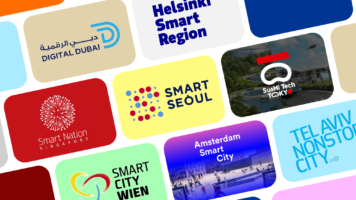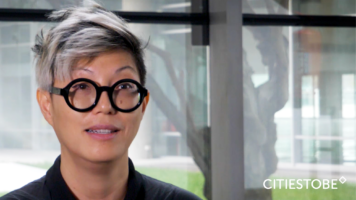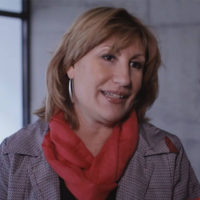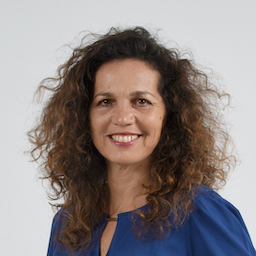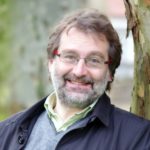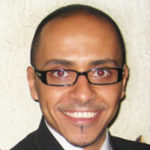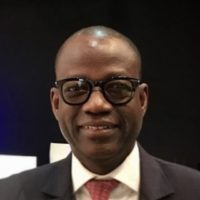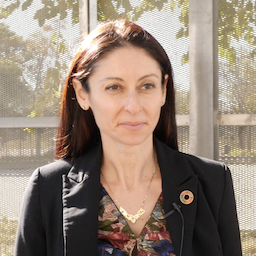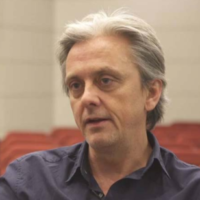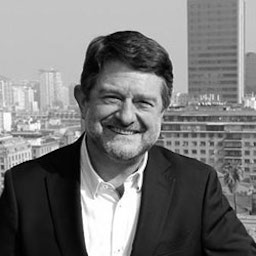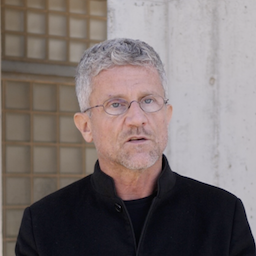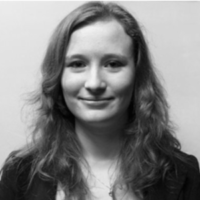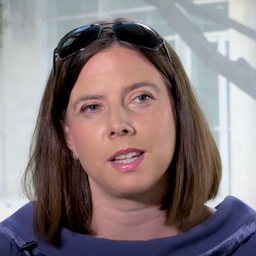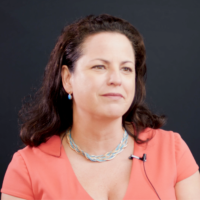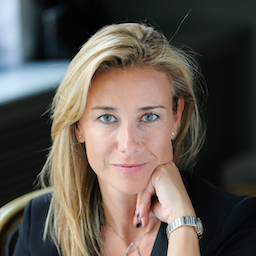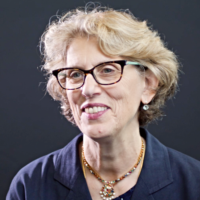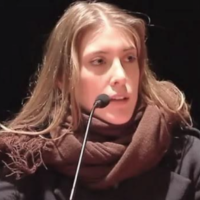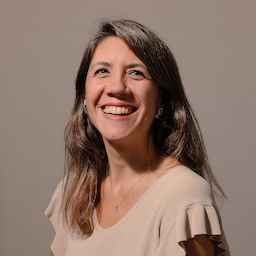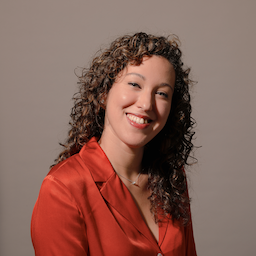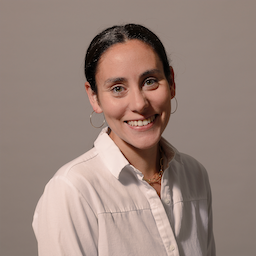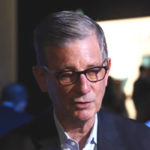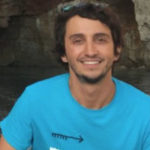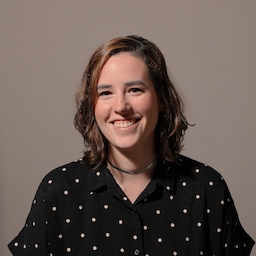Jung-hoon Lee: «Smart cities differ from one continent to another»
By | 2022
Talking about Smart Cities is not talking about a homogeneous or univocal term. There is a global consensus that Smart Cities are those that seek to improve people’s lives and the management of services through —mainly— strategic planning, innovation and technological solutions. However, the Smart City, far from being a replicable model from city to city, is an approach that is projected with different nuances and focuses around the world.
Professor Jung-hoon Lee leads the Smart Cities Index Report, an initiative promoted by the University of Cambridge (United Kingdom) and Yonsei University (Republic of Korea) that has analyzed, in its 2022 edition, 31 leading cities from all over the world and its level of development in Smart City terms. And, according to him, the diagnosis is clear — different patterns are observed from continent to continent: «European Smart Cities put sustainability and carbon neutrality at the center of their action, through a bottom-up approach; the Asian ones prioritize infrastructure and urban mobility; while the North American ones focus on the generation of data and the development of business ecosystems», he summarizes.
When we ask Professor Lee which cities he would point to as examples of disruption when it comes to addressing their challenges through innovation, he does not hesitate: Amsterdam and Seoul – whose Metropolitan Government he advises. He highlights the capital of the Netherlands for its branding as a circular city and for the high percentage of services that it directs towards energy efficiency and sustainability; and South Korea’s biggest city for breaking down the silos when it comes to using data for public management, and for how it is evaluating the potential of the metaverse when it comes to providing services to citizens.
«What will change in our cities in ten years?» we ask him to end our interview. Jung-hoon Lee points out three trends to pay attention to: the rise of universal mobility, the growing role of the metaverse, and the creation of new value chains and business models still unexplored today.
Interview, text and edition by Sergio García i Rodríguez,
Head of Communication at Anteverti & CitiesToBe Executive Editor, and Tatiane Martins, consultant at Anteverti.
Video by Eloy Calvo
💡 How do #SmartCity approaches differ from one continent to another? We interview Jung-hoon Lee, Manager of the Smart Cities Index Report developed by @Cambridge_Uni & Yonsei University | via #CitiesToBe and @Anteverti Clic para tuitear
Looking for more?
Follow us on Twitter and LinkedIn and subscribe to our Cities To Be newlsetter here: www.citiestobe.com/newsletter
About the authors
Jung-hoon Lee is Professor of Technology & Innovation management at the Graduate School of Information of the Yonsei University in Seoul, Republic of Korea, and Project Manager of the Global Smart City Index Development Project. He joined the Institute for Manufacturing of the University of Cambridge as a visiting academic fellow in the Centre for Technology Management in November 2020.
Professor Lee is recognized as one of the world's leading Smart City experts and has involved in leading smart city projects based on technology management approach. He has published more than 100 journals and conference papers and his research papers on Smart Cities were ranked with the most cited articles in Technological Forecasting Social Change. Professor Lee is also serving as a chairman of the Smart City Committee for the Seoul Metropolitan Government and an advisory member of National Smart City Committee and Open Data Strategy Council for the Korean government.
Professor Lee also contributes to several consulting and advisory services including ARUP, CISCO, GSMA, SK Telecom, KT, LG U+, LG CNS and HYUNDAI Motors, and worked with UN ESCAP and the OECD as an external expert. He also trained executive-level civil servants around the globe — including G20 and developing countries. He received a B.Eng./MSc. from the University of Manchester and a MSc from the London School of Economics, and a Ph.D. from the Institute for Manufacturing of the University of Cambridge. Prior to joining the Yonsei University, he worked for LG CNS as a senior business IT consultant.







